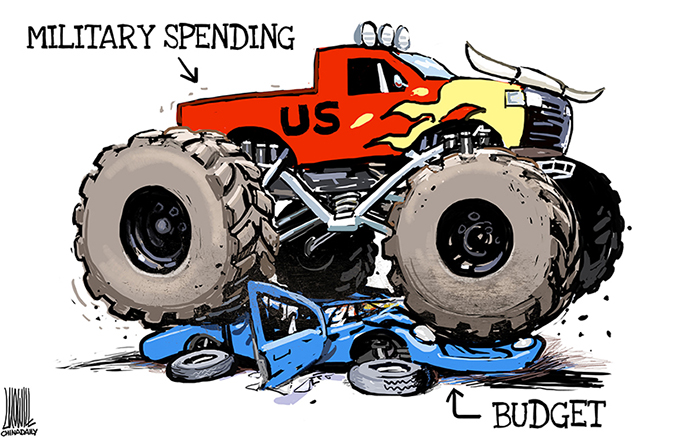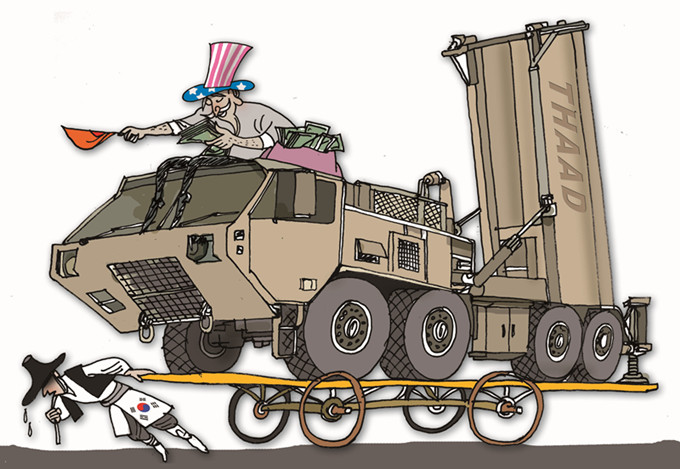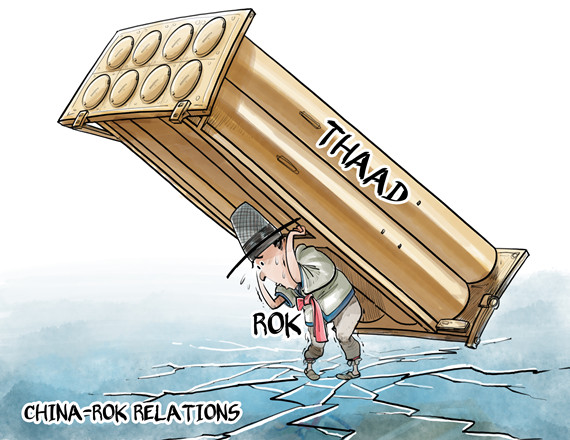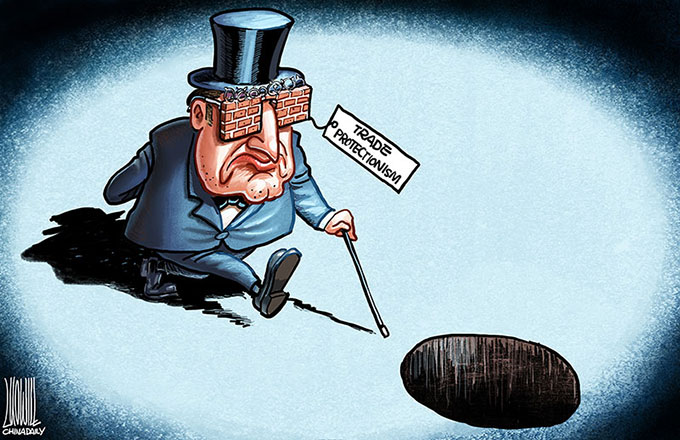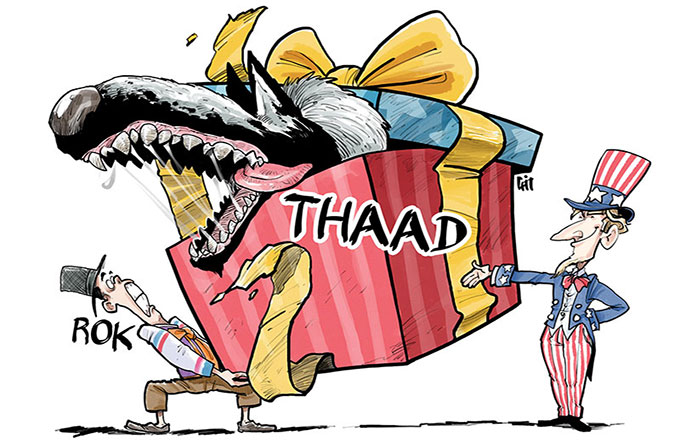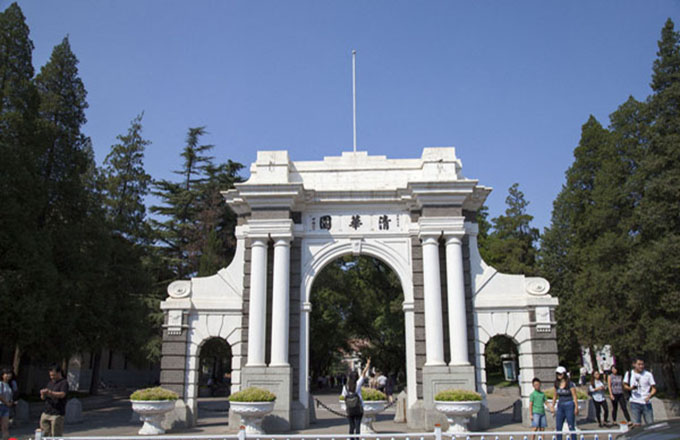Govt determined to make skies blue again
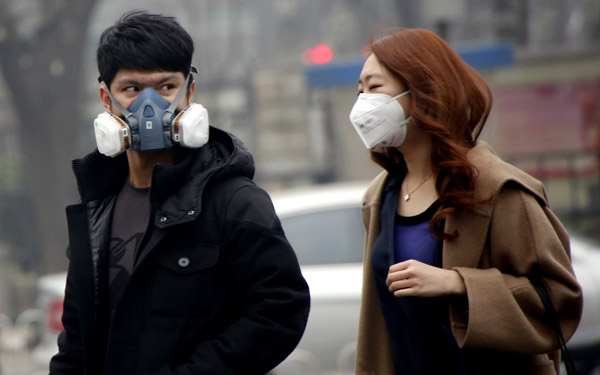 |
|
A couple tackle the pollution in a shopping district amid heavy smog after the capital issued its first ever "red alert" for air pollution on Dec 8, 2015. [Photo/Agencies] |
After the severe smog that repeatedly blighted Beijing over the winter, blue sky and clean air have accompanied the ongoing sessions of China's top legislature and political advisory body, where one of the hot issues is how to ensure people can enjoy more blue-sky days throughout the country.
Air pollution is a pressing problem in large parts of China, but particularly in the north in winter when coal burning for heating exacerbates the problem of industrial and vehicle emissions.
In response to growing public concerns about the frequent smog, Premier Li Keqiang, delivering the Government Work Report on Sunday, pledged the government would "work faster" to address pollution caused by coal burning so as to "make our skies blue again".
Significantly, this indicates the country's leaders are aware both of what needs to be done and that it is the government, at all levels, which holds the key to bringing air pollution under control.
While coal burning, as the country's main source of energy, is a large part of the problem, it draws attention to the fundamental question, which is: What economic price is the country willing to pay to make blue skies the new normal nationwide?
Cutting excessive capacity in such polluting industries as steel, cement and petrochemicals while pushing forward industrial upgrading has proved effective in drastically reducing air pollution, but as Chen Jining, minister of environmental protection, told the media on Thursday, the fight for cleaner air is an uphill battle since it involves restructuring both the economy and the energy mix.
That battle may be tough, but it is one that cannot be avoided no matter how arduous it may be, and it is one local governments must wholeheartedly engage in.
Although it has some of the world's strictest air pollution standards, polluters have always found a way around them because of the lax enforcement by local government officials, especially at the county levels, as Chen noted while citing a recent inspection of the Beijing-Tianjin-Hebei region.
In this regard, expectations are high that the newly established environmental police force can make a difference, as it is charged with rooting out collusion between local officials and factory operators and ensuring the country's environmental regulations are properly enforced at the local level.
There is still much to be done before we make our skies blue again, but the growing acceptance that economic growth alone cannot be the highest priority is a big step in the right direction.
- Minister: Air pollution probe finds 2,000 faults
- Six measures to further air pollution treatment
- E-town approves plan to reduce air pollution
- China steps up air pollution inspections
- China eyes tougher air pollution controls in Beijing, nearby regions
- Air pollution linked to premature births
- China and India can work together to curb air pollution
- Beijing to intensify battle against air pollution




